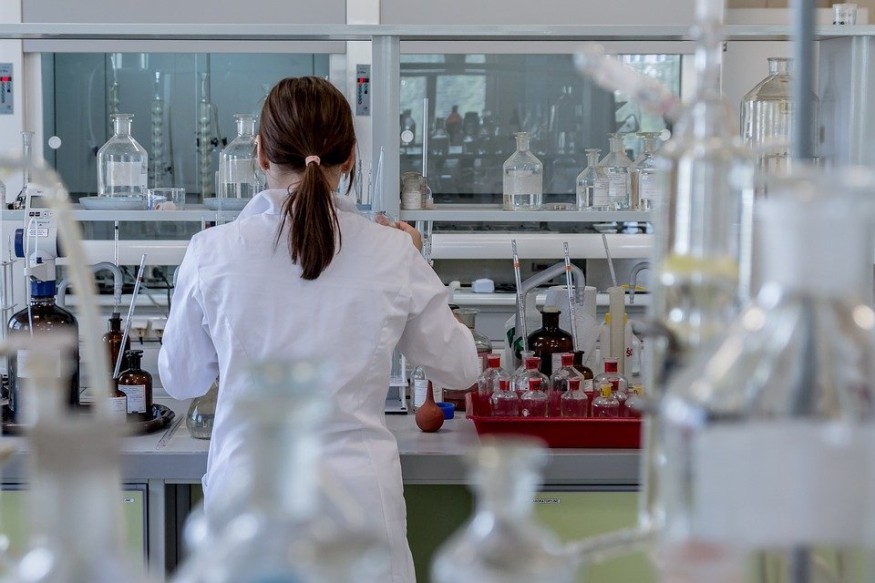
The Coronavirus, now named COVID-19, has taken the world by storm with its respiratory dangers which include shortness of breath, coughing, and fever. Now, with over 1,800 people dead and 70,000 infected, finding a cure is a race against time. The process of finding or formulating drugs for the mutating COVID-19 is a tedious ordeal, but data show some silver lining. Currently, the foci of the clinical trials include medications, Chloroquine Phosphate, Remdesivir, Favipiravir and Convalescent plasma.
Chloroquine phosphate is originally used as a medication against malaria. But as of now, it shows promising effects in treating pneumonia caused by COVID-19. While the potential is not fully realized yet, chloroquine phosphate seems to be effective in reducing the infection brought about by the virus. Currently, 10 hospitals in Guangdong and Beijing are using this drug for their clinical trials with at least 100 participants.
Remdesivir is used for Ebola, but during the clinical trials, it has shown great potential in destroying the virus at a cellular level. Because of this, the drug is now under clinical trials in 10 hospitals in Wuhan City, one of the most affected by COVID-19. In January 2020, one patient from the United States who contracted the virus survived after being treated with Remdesivir.
Another antiviral called Favipiravir, which is more known as an ani-influenza drug formulated overseas, is being tested for its effectiveness in Guangdong and Shenzen, China with at least 70 patient-participants. According to their initial studies, less than a week after intake, patients tested negative for the Coronovirus' nucleic acids, making the medicine very potent. Even better, Favipiravir shows little to no adverse reactions.
A breakthrough, however, is the use of convalescent plasma. Convalescent plasma is taken from the blood of patients who recovered from the Coronavirus infection. This is used because exposed patients who survived the virus will have a lot of antibodies, capable of eliminating the infection. So far, 11 patients received the plasma therapy and all of them showed signs of recovery. With 300 willing participants, medical experts are excited to discover what more this plasma serum has to offer.
It's worth mentioning that these are not the only drugs undergoing clinical trials. In fact, there are 80 on-going and planned clinical experiments across China, and not all are positively received. For instance, one experiment focused on infusing patients with stem cells derived from menstrual blood, and it's not showing a significant positive effect.
The World Health Organization indicates that while they cannot control the actions taken by the researchers, each study is closely scrutinized by an authorized agency, such as the Chinese Clinical Trial Registry, for its ethical aspects and metrics.
Aside from already existing drugs, scientists are also looking to formulate new medications specifically for COVID-19. The process may take longer but it's a testament to how the medical experts are unstoppable in their desire to find the cure. For now, people's only protection against the virus includes strengthening the immune system, frequent hand washing, and wearing a protective mask when sick. It may not seem much, but the WHO insists that they are highly effective.











